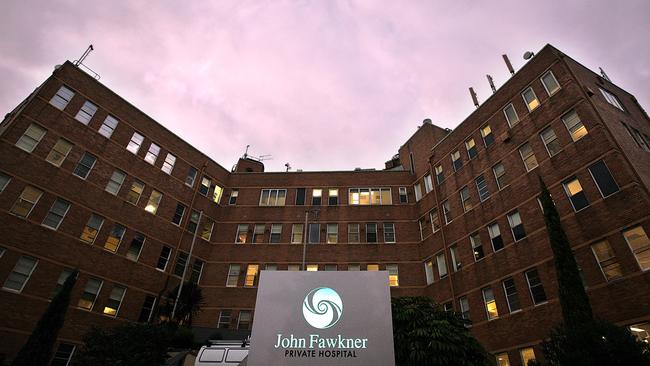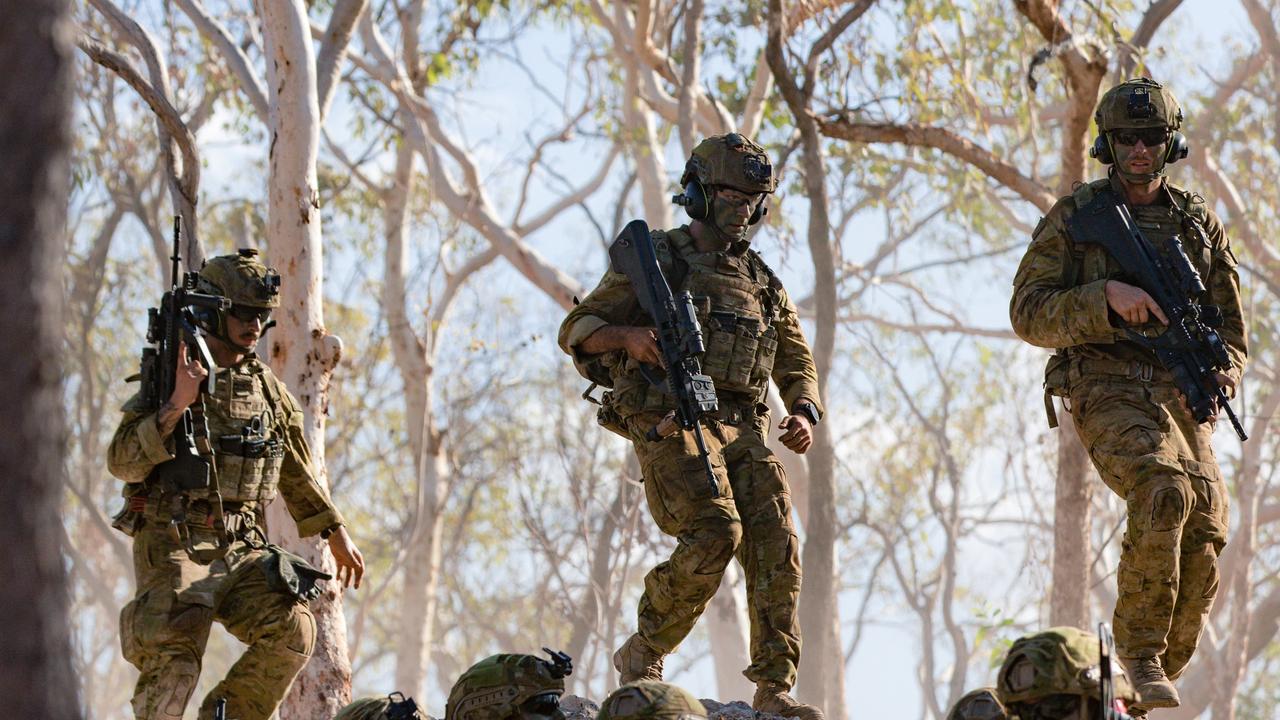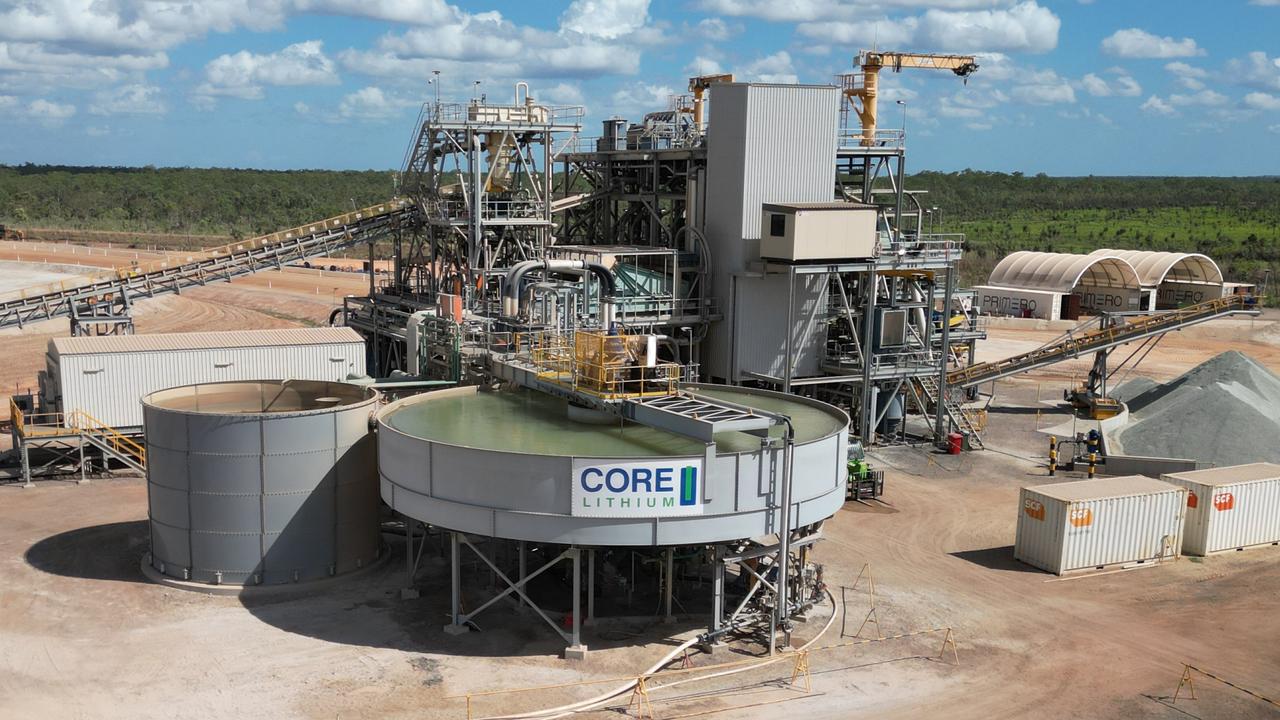Banks should learn from Canadian PE Brookfield’s Healthscope nightmare
Banks that helped Brookfield buy Healthscope with loans of almost $2bn must be bitter. My warning to them is to be very wary when dealing with giant private equity groups that take big risks and can rebound on financiers.

Business
Don't miss out on the headlines from Business. Followed categories will be added to My News.
The Australian and overseas financiers who backed trillion dollar Canadian private equity giant Brookfield in its Healthscope debacle have earned a valuable lesson. Be very wary when funding giant groups that take big risks and leave financiers with big losses if the deal falls over.
In years gone past large corporations stood behind troubled enterprises where their name and reputation attracted financiers to back the deal.
But as Ben Wilmot explained rather than invest substantial new capital Brookfield has effectively ceded control to its lenders, inviting them to take up positions on the board rather than put the company into receivership.
In 2019, Brookfield paid $5.7bn for Healthscope which was the second largest private hospital operator in Australia and the largest pathology services provider in New Zealand. With Brookfield in charge everyone dreamed of a bright future but did not look hard enough at the deal’s details.

Not only has equity of Brookfield and its co-investors been wiped out but there is a complex mess for the financiers to sort out.
And watching the Canadian owners step aside from funding a rescue operation sends a shiver down those who funded an Australian investment of another private equity operator - Brookfield’s rival Blackstone - which purchased the Crown group.
The changes to the gambling act have halved the value of the $9bn Blackstone paid for Crown. I emphasise that in this instance, unlike Brookfield, Blackstone are standing behind the Crown operation and plan to invest more.
Back in 2019 (and still today) Healthscope was a good hospital and pathology operation but it had been through a string of different owners including an earlier period of private equity ownership. The history of ownership changes had naturally created some instability in middle management.
The Canadians did not recognise that danger and their base equity content at around $1.4bn represented only around 25 per cent of the total $5.7bn consideration. And a big chunk of the equity came not from Brookfield but from groups who wanted to partner with the Canadian juggernaut.
In all the consortium originally borrowed some $1.9bn from banks and other lenders.
The remaining $2.4bn was raised by selling Healthscope hospital freeholds mainly to another Canadian group - NorthWest Healthcare Properties - and leasing them back in a 20 year deal.

But like the lenders NorthWest did not spend enough time checking the risk factors in the Brookfield return estimates.
Brookfield had put forward optimistic forecasts of future earnings before interest and tax. Then, on the basis of those estimates, Brookfield agreed to pay NorthWest very high rentals. And on the basis of those high rentals NorthWest paid too much for the hospitals as part of the purchase deal funding.
Returns were smashed by Covid-19 but never recovered to forecasts.
At least in Australia it is rare for a major corporation to put its name on a purchase deal and then allow its financiers to get into trouble.
Brookfield has invited the banks/financiers to join the board and they can now see the tangle that has been created and fully realise that on the basis of recent discounted debt sales they may suffer substantial losses.
Most would never have funded such a highly leveraged operation had it not been for the good name of the giant Brookfield corporation.
The current situation is not made any easier because highly profitable health funds are squeezing the margins of all private hospitals.
At some point the hospitals’ operations will have to be sold or restructured.
But the value of those hospital operations will depend on the rent being charged. If NorthWest slashes the rentals then the value of its hospital freeholds will slump. Both the financiers and NorthWest do not want losses but almost certainly they will need to take their share.
Once the finance and rental structures are sorted out there will be buyers for both the operations and/or the freeholds but not at the inflated prices that were set up at the time of the 2019 deal.
Among the biggest buyers of hospital freeholds have been superannuation funds but many now have more unlisted assets than they would like. Potentially the hospital freeholds could be listed.
More Coverage
Originally published as Banks should learn from Canadian PE Brookfield’s Healthscope nightmare





